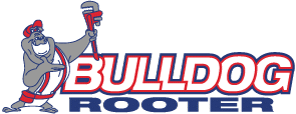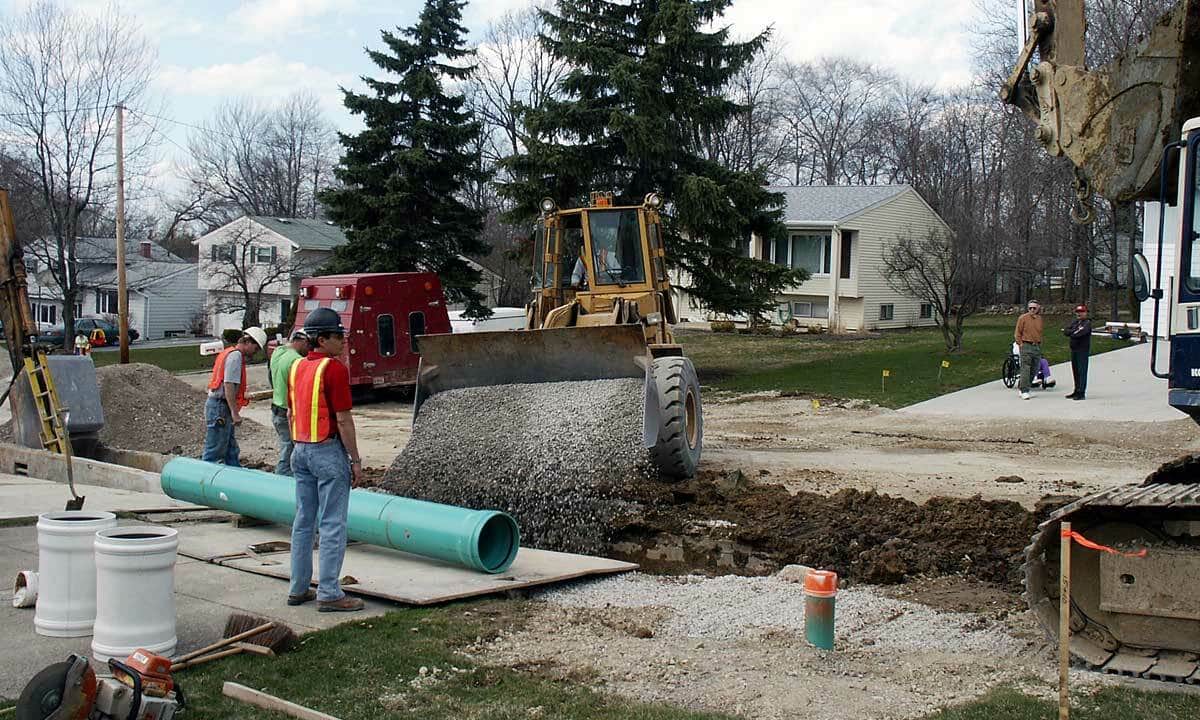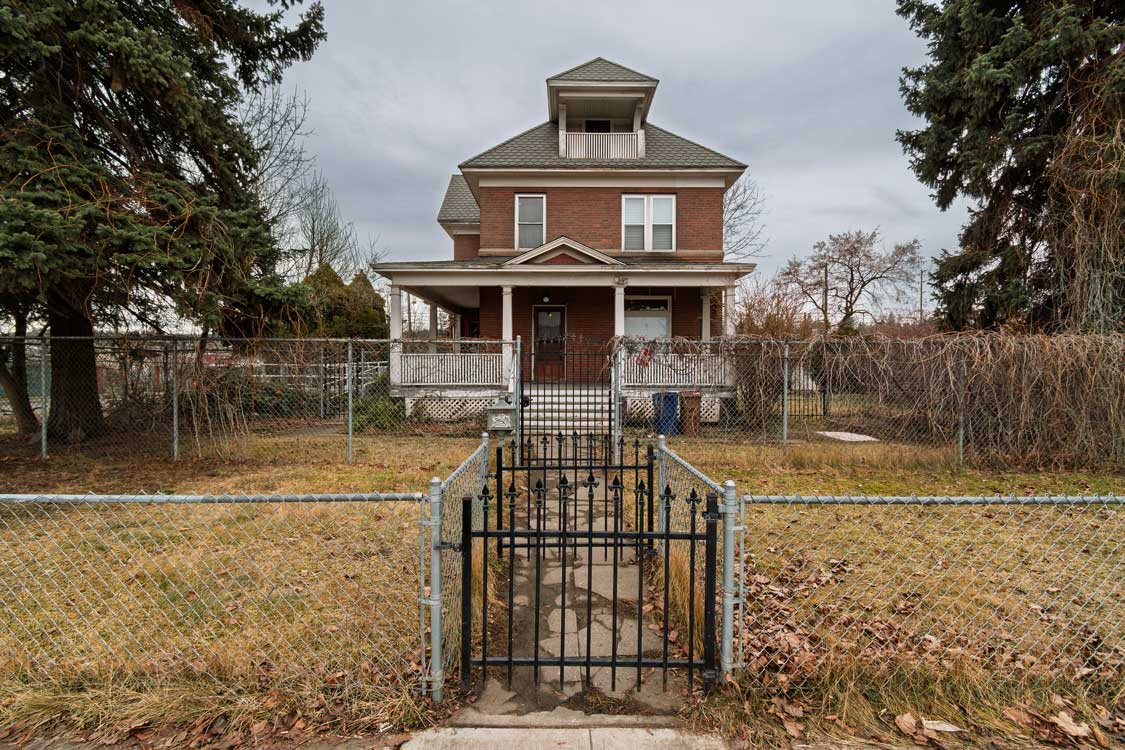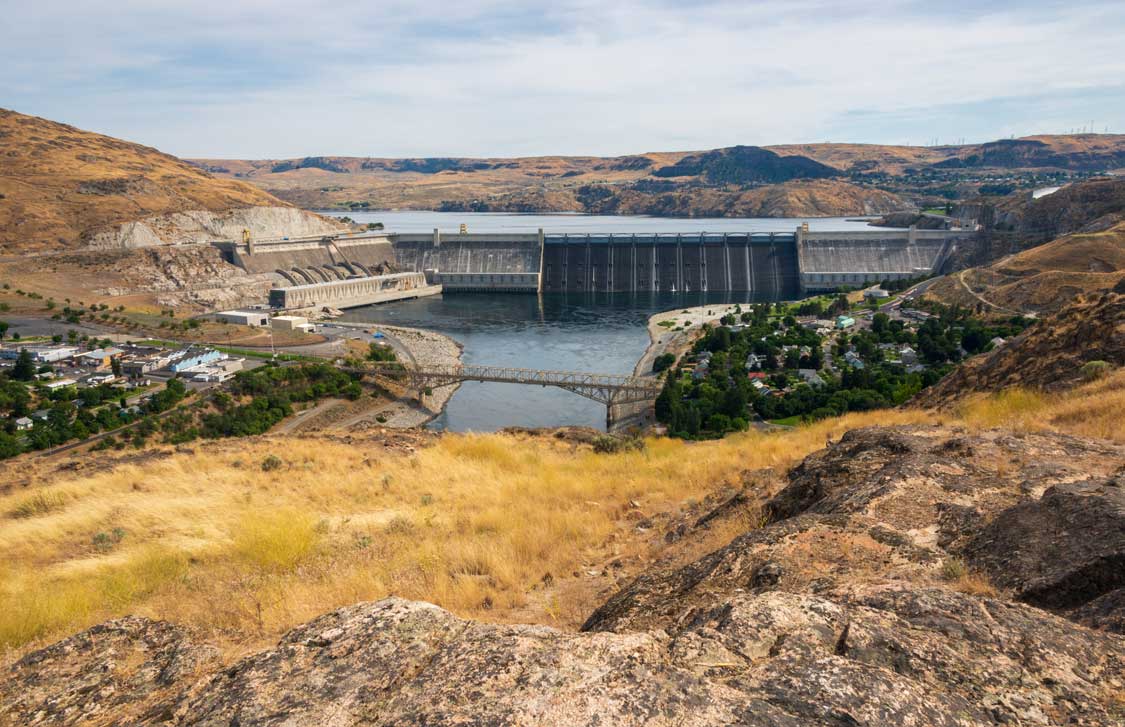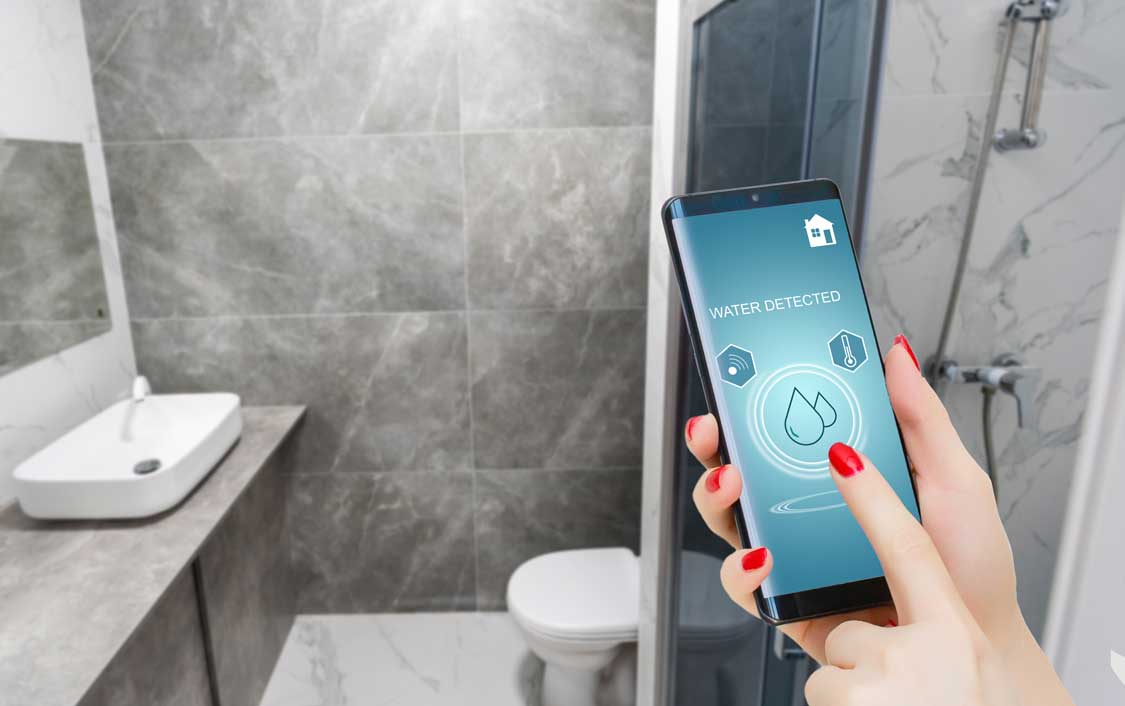Picture this: you’re cruising through your day when out of nowhere, a sewer backup throws a wrench in your routine. Not exactly the kind of surprise anyone wants after a tough winter.
The truth is, winter can be rough on your plumbing in ways that aren’t immediately obvious. Snow, ice, freezing temperatures—they all conspire to leave hidden issues in your sewer line that only show up when things start to thaw.
The Impact of Winter Weather on Sewer Lines
Freezing and Thawing Cycles
Winter weather takes a toll on sewer systems. When temperatures drop, water in pipes can freeze, causing the pipes to expand. As the ice melts, the pipes contract. This constant expansion and contraction put stress on the sewer lines, which can eventually crack or break. Small cracks may seem harmless at first, but over time, they grow, letting debris clog the pipes.
Older homes or mobile homes with outdated pipes are even more vulnerable to this kind of damage. Often, the problem isn’t noticed until it’s already become serious. Watching for early signs and addressing them quickly can save you from bigger headaches later.
Shifting Soil from Melting Snow
As snow melts in the spring, the soil around sewer pipes becomes waterlogged. This extra moisture can shift the ground, putting pressure on sewer pipes underground. When the ground moves enough, pipes can misalign or even become disconnected.
When sewer pipes shift, they create openings for tree roots, dirt, and debris to enter the system. These blockages disrupt wastewater flow and lead to clogs. Scheduling regular post-winter inspections can help catch these problems before they escalate.
Common Signs Your Sewer Line May Be Damaged
Slow Drains Throughout the House
If water is draining slowly in sinks, tubs, and showers across your home, a clogged sewer line might be the cause. Unlike isolated clogs that usually affect just one drain, a sewer line blockage impacts the entire plumbing system. If you notice sluggish draining in multiple spots, it’s time to call a plumber.
Unpleasant Sewage Odors
Sewage smells are more than just annoying—they signal a problem with your sewer line. Leaks or cracks in the line can let wastewater escape, releasing bad odors into your yard or home. If you notice a strong smell, it’s likely a bigger sewer issue that needs immediate attention.
Gurgling Sounds in Pipes
Odd gurgling noises coming from your pipes usually point to a sewer line blockage. These sounds happen when trapped air tries to push past a clog. If you hear gurgling every time you run water or flush the toilet, it’s worth investigating further.
Sewage Backups in Fixtures
The most serious warning sign is sewage backing up into your home. This usually starts with the lowest drain, like a basement floor drain or a first-floor bathroom. Sewage backups are a health hazard and need professional attention right away.
Why Sewer Line Issues Worsen After Winter
Small Cracks Becoming Larger Breaks
Winter conditions often turn small sewer problems into major issues. Tiny cracks caused by freezing weather can grow during spring thawing. Larger breaks let debris and even tree roots enter the sewer line, creating ongoing clogs.
Ignoring minor issues often leads to expensive repairs. Catching the problem early can prevent further damage and save you both time and money.
Increased Groundwater Infiltration
Melting snow and spring rains raise groundwater levels, which can seep into damaged sewer lines. This extra water worsens existing cracks and can overwhelm the sewer system, leading to backups. If the sewer line is already weakened, the added pressure makes everything worse.
Preventing Sewer Backups After Winter
Schedule a Professional Sewer Inspection
The smartest way to catch sewer line damage early is with a professional inspection. Plumbers use advanced cameras to spot cracks, misalignments, and clogs before they turn into bigger problems. Post-winter inspections are especially important when the risk of sewer line issues is highest.
Watch for Early Warning Signs
Be alert for signs of trouble, like slow drains, unusual odors, and strange noises. Acting on these early signals can help you avoid major repairs and disruptions down the road.
Skip DIY Fixes
While quick solutions like chemical drain cleaners might be tempting, they often make the problem worse. Professional plumbers have the tools and experience to fix sewer line issues properly, ensuring long-term solutions instead of temporary fixes.
The Benefits of Trenchless Sewer Repair
Minimally Invasive Solution
Trenchless sewer repair offers a way to fix sewer line problems without heavy digging. Instead of tearing up your yard, plumbers use specialized tools to repair the damaged pipe from the inside. This method is a great option for fixing clogs without ruining landscaping.
Fast and Cost-Effective
Traditional sewer repairs can take days and cost a fortune. Trenchless methods are quicker and often more affordable. Choosing this approach lets homeowners resolve plumbing issues efficiently while saving money.
Perfect Timing to Prevent Larger Issues
Addressing sewer line problems early with trenchless repair can stop further damage and avoid the need for major work later. Timing makes all the difference when it comes to protecting your plumbing.
We Handle Sewer Backups So You Don’t Have To
A backed-up sewer line isn’t just a hassle—it’s a mess waiting to happen. Don’t wait until a small clog turns into a major problem. Whether you need a routine inspection or an emergency repair, Bulldog Rooter is here 24/7 with expert service and upfront pricing.
Call Bulldog Rooter today at (509) 687-7001 or email [email protected] to schedule your sewer line inspection.
